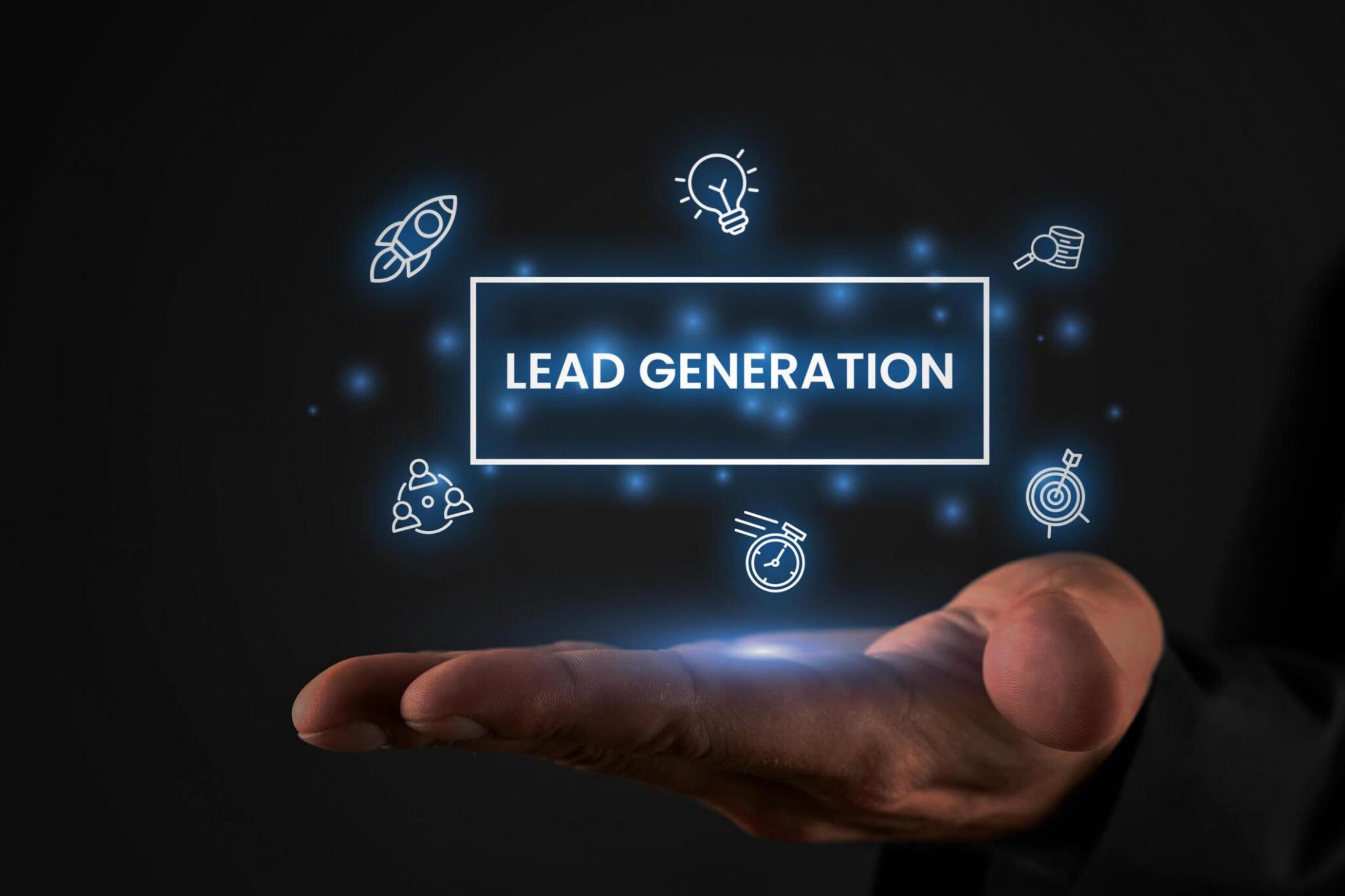
Lead generation is a crucial component of any successful digital marketing strategy. It involves capturing the interest and contact information of potential customers, with the ultimate goal of converting them into paying customers. Traditionally, lead generation has relied on various tactics such as email marketing, content marketing, and social media advertising. However, with the advancements in artificial intelligence (AI) and natural language processing (NLP), companies now have a powerful tool at their disposal to enhance their lead generation efforts – ChatGPT services.
1. Understanding ChatGPT
ChatGPT is an AI-powered language model developed by OpenAI. It is designed to generate human-like responses to text-based prompts and engage in interactive conversations with users. ChatGPT is trained on a vast amount of data from the internet, making it capable of understanding and generating coherent and contextually appropriate responses. It can be integrated into websites, chatbots, and other digital platforms to provide dynamic and interactive conversational experiences.
2. Personalized User Engagement
One of the key advantages of using ChatGPT services for lead generation is the ability to provide personalized user engagement. ChatGPT can gather information about users’ needs, preferences, and pain points through conversation. This data can then be used to tailor marketing messages and offers to individual users, increasing the chances of capturing their interest and converting them into leads. By offering a personalized experience, companies can build trust and establish a stronger connection with potential customers.
3. 24/7 Availability
Another significant benefit of ChatGPT services is their round-the-clock availability. Unlike human agents who have limited working hours, ChatGPT can engage with users at any time of the day or night. This is particularly valuable for businesses targeting a global audience or operating in different time zones. By being available 24/7, companies can ensure that potential leads are not lost due to delayed responses or missed opportunities for engagement.
4. Instant Response Times
Lead generation is a time-sensitive process, and prompt responses can significantly impact its success. With ChatGPT services, companies can provide instant responses to user queries and requests. ChatGPT’s ability to generate real-time responses allows for immediate engagement with potential leads, increasing the chances of capturing their interest and moving them further along the sales funnel. This can lead to higher conversion rates and improved overall lead generation performance.
5. Scalability and Cost-Effectiveness
Traditional lead generation methods often require significant investments in human resources and infrastructure. Scaling up these efforts can be challenging and costly. ChatGPT services offer a cost-effective solution to this problem. Once implemented, ChatGPT can handle multiple conversations simultaneously without any additional costs. This scalability allows companies to engage with a larger number of potential leads without incurring significant expenses. Additionally, ChatGPT services can be trained and fine-tuned to improve their performance over time, further enhancing their cost-effectiveness.
6. Qualifying Leads
Lead qualification is an essential step in the lead generation process. Not all leads are equal, and focusing on high-quality leads can save time and resources. ChatGPT services can play a crucial role in lead qualification by asking relevant questions and gathering information about potential leads. By analyzing the responses and data collected, companies can identify leads that are more likely to convert and prioritize their follow-up efforts accordingly. This targeted approach can increase the efficiency and effectiveness of lead-generation campaigns.
7. Proactive Lead Generation
While traditional lead generation methods often rely on users initiating contact, ChatGPT services can take a more proactive approach. By leveraging AI capabilities, ChatGPT can reach out to potential leads, initiate conversations, and provide valuable information or offers. This proactive lead-generation strategy can help companies capture the attention of potential leads who may not have otherwise engaged with the brand. It opens up new opportunities for lead generation by expanding the reach and scope of marketing efforts.
8. Continuous Learning and Improvement
ChatGPT services can continuously learn and improve over time. By analyzing the interactions and feedback received from users, companies can identify areas of improvement and refine their conversational models. This iterative process allows ChatGPT to become more accurate, contextually aware, and effective in generating leads. The ability to learn from user interactions also enables ChatGPT to adapt to changing market trends and customer preferences, ensuring that lead-generation efforts remain relevant and impactful.
Conclusion
ChatGPT services have the potential to revolutionize lead generation in digital marketing. By providing personalized user engagement, round-the-clock availability, instant response times, scalability, and cost-effectiveness, ChatGPT services can enhance lead-generation campaigns and improve overall performance. Additionally, the ability to qualify leads, adopt a proactive approach, and continuously learn and improve further strengthens the value proposition of ChatGPT services. As AI and NLP technologies continue to advance, integrating ChatGPT into lead-generation strategies will become increasingly essential for businesses looking to stay ahead in the competitive digital landscape.








